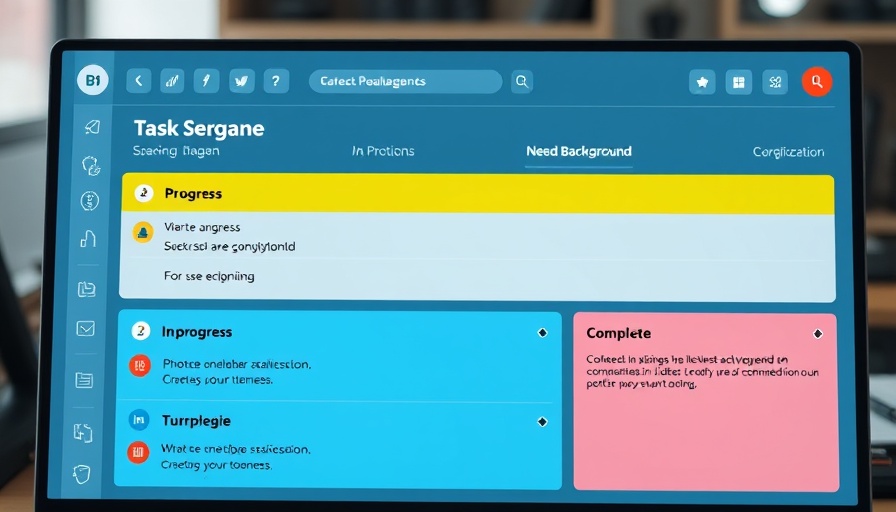
No More Price-Matching: What It Means for Retail
In an unexpected yet strategic pivot, Target has decided to halt its price-matching policy with tech giants Amazon and Walmart, effective July 28, 2025. This move has profound implications for the retail landscape, particularly for businesses navigating a fiercely competitive marketplace.
The Shift in Target's Strategy
Target's decision comes on the heels of declining sales and foot traffic, signaling a shift away from a customer service-centric approach that once distinguished them from other big retailers. The company's spokesperson revealed that the practice mainly benefitted consumers who matched prices at Target rather than bringing in customers from rival stores. Essentially, it seems they found most shoppers were simply taking advantage of the better deals already available in-house.
The Retail Landscape: A Time for Adaptation
Currently, the retail environment is rife with challenges. Target's choice to scrap this policy reflects broader industry trends influenced by consumer behavior. As reported recently, consumers are leaning towards essentials over luxury items, with the average household spending remaining virtually unchanged despite inflationary pressures. This trend suggests that retailers need to be agile, adapting swiftly to shifting consumer demands.
Facing the Storm: The Tariff Challenge
The decision also aligns with Target's strategy to manage the impacts of tariffs and supply chain complications. With geopolitical tensions influencing pricing strategies, many retailers, like Walmart, are emphasizing their commitment to everyday low prices rather than relying on events like Prime Day to drive sales. As Brian Cornell, Target's former CEO, previously noted, raising prices is considered a “last resort” in the face of ballooning costs.
The Implications for Smaller Retailers
What does this mean for businesses with revenues between $2M and $10M? For entrepreneurs scaling their operations, understanding these market shifts becomes crucial. With larger competitors re-evaluating their pricing tactics, small to medium-sized retailers have a slender window to differentiate themselves through superior customer service, loyalty programs, and unique product offerings.
Opportunities in a Changing Market
For business owners, this presents an opportunity to rethink their value propositions. By focusing on personalized customer engagement and innovative marketing strategies, smaller brands can capture the attention of consumers who are increasingly conscious of where they spend their money.
Conclusion: Time to Act!
As giants like Target reassess their strategies, now is the right moment for businesses to recalibrate their operations. Embracing technology, leveraging data analytics, and promoting unique selling propositions can effectively resonate with today's cost-conscious consumers. Don't wait for the tides to change—ride them to your advantage!
 Add Row
Add Row  Add
Add 



Write A Comment